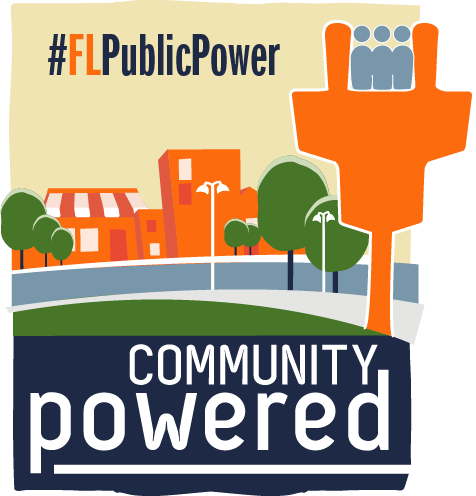Court Sides with FPL in Irma Outage Fight
 Article reposted with permission from The News Service of Florida.
Article reposted with permission from The News Service of Florida.
Citing a law passed last year, an appeals court Wednesday backed Florida Power & Light’s arguments that the state Public Service Commission has authority to determine whether the utility met obligations to help prevent power outages during Hurricane Irma.
A three-judge panel of the 3rd District Court of Appeal issued the ruling in FPL’s challenge to a decision by a Miami-Dade County circuit judge that said customers could pursue a class-action lawsuit over outages from the massive 2017 storm.
Another panel of the Miami-based appeals court in March 2023 upheld the circuit judge’s certification of a class action. But a little more than a month later, the Legislature passed a measure that gave the Florida Public Service Commission authority to resolve issues about disaster preparedness and response.
After Gov. Ron DeSantis signed the measure in June 2023, FPL asked the appeals court for a rehearing, saying the law should prevent the class action. The panel Wednesday reversed the order granting class certification and sent the case back to circuit court. It ordered a circuit judge to stay the lawsuit while “threshold issues” are resolved.
The ruling did not end the lawsuit but would lead to the issues going to the Public Service Commission.
“The … dispute centers around service interruptions suffered by consumers in the wake of a natural disaster,” said Wednesday’s five-page decision, written by Judge Bronwyn Miller and joined by Judges Norma Lindsey and Alexander Bokor. “Accordingly, the PSC (Public Service Commission) has the exclusive jurisdiction to determine preliminary liability relating to the sufficiency of FPL’s disaster preparedness.”
The court said in a footnote that it was expressing “no opinion as to the viability of the class because any cause of action is not yet ripe.”
During a hearing last month, Stuart Singer, an attorney for FPL, argued that the case should be decertified as a class action and dismissed or stayed at the circuit court “until the plaintiffs comply with the new Florida law that requires them to obtain a ruling from the Public Service Commission on whether or not FPL failed with respect to deployment of its approved storm-hardening plans during Hurricane Irma.”
But John Ruiz, an attorney for the plaintiffs, argued, in part, that the 2023 law should not be retroactively applied to the plaintiffs in the case, which was filed in 2017. He also described the Public Service Commission as “friendly territory” for FPL.
The lawsuit alleges that FPL did not meet obligations such as carrying out a storm-hardening plan, replacing aging poles and adequately clearing vegetation near lines. Irma made landfall in September 2017 in Monroe County as a Category 4 storm and caused widespread damage and power outages as it barreled up the state.
The plaintiffs’ attorneys argued in the lawsuit that FPL was “grossly unprepared” for the hurricane and that customers who lost power suffered damages such as lost profits and lost perishable goods and faced expenses. The lawsuit said FPL had collected money from customers to strengthen the power system.
But FPL has disputed the allegations and long contended that the issues should be addressed at the Public Service Commission. Tampa Electric Co. and Duke Energy Florida also filed a friend-of-the-court brief last month in support of FPL.
The Legislature last year included the Public Service Commission jurisdiction issue in a broader disaster-response bill (SB 250) that emerged after Hurricane Ian and Hurricane Nicole caused massive damage in 2022.
 Enter your email address in the
Enter your email address in the 